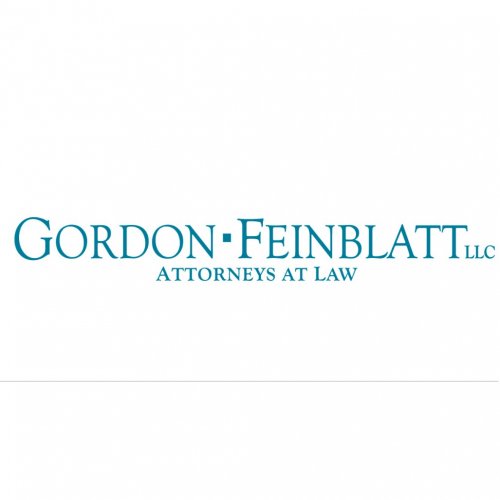Best Creditor Lawyers in Baltimore
Share your needs with us, get contacted by law firms.
Free. Takes 2 min.
List of the best lawyers in Baltimore, United States
About Creditor Law in Baltimore, United States:
Creditor law, also known as Debtor-Creditor law, focuses on the relationship between creditors and debtors. It encompasses a wide array of matters including collection of debts, enforcement of security interests, the rights of parties in bankruptcy and insolvency, and more. In Baltimore, as in all of Maryland, state laws intertwine with federal law to govern affairs between debtors and creditors and to ensure fair and equitable treatment for both parties.
Why You May Need a Lawyer:
Several scenarios may necessitate legal aid in creditor law. If you are a business trying to recover a debt, battling fraudulent conveyances, or dealing with insolvent debtors, legal help can be instrumental in protecting your interests and rights. Conversely, if you are a debtor dealing with harassment from a creditor, wrongful debt collection practices, or if you're considering filing for bankruptcy, a creditor lawyer can provide vital guidance, advocacy, and protection.
Local Laws Overview:
Both state and federal laws regulate creditor-debtor relationships in Baltimore. The Maryland Fair Debt Collection Practices Act augments the federal act with the same name, providing additional protections for debtors. A notable aspect of Maryland's laws is its statute of limitations for collecting a debt. Unlike many states, Maryland allows creditors to pursue a debt indefinitely. However, the shield of bankruptcy protection can stop this pursuit if a debtor decides to file.
Frequently Asked Questions:
1. Can a Creditor Garnish my Wages in Maryland?
In most cases, a creditor can garnish your wages only after it has secured a court order to do so. Certain exceptions exist for debts like child support, student loans, or taxes.
2. What is the statute of limitations on debt in Maryland?
While many states have specific deadlines after which a creditor can't sue a debtor to collect a debt, Maryland's laws are unique. Creditors can seek to collect a debt indefinitely, making it especially essential for debtors to seek legal help if they're in financial distress.
3. Can I stop a creditor's continuous calls?
Yes, both Maryland and federal law have strict rules about how and when a creditor can contact you. If they violate these rules, they may be on the wrong side of the law, and you should consider consulting with an attorney.
4. What happens if I can't repay my debt?
If you can't repay your debt, the first step is usually that the creditor will try to collect the debt. If the debt is significant, the creditor might sue you or try to garnish your wages. In such cases, declaring bankruptcy might be an option for you. In any event, seeking legal counsel can help you consider all your options.
5. What if my creditor is violating my rights?
If you believe a creditor is violating your rights, e.g., through harassment or illegal debt collection practices, consult with an attorney versed in creditor law. Legal violations may include excessive contact, misinformation about the debt, threats, and more.
Additional Resources:
For additional information, the Maryland Attorney General's Office has an informative section on consumer credit. Non-profit organizations like the Maryland Consumer Rights Coalition (MCRC) may also be valuable in providing information and resources for consumers dealing with creditor issues.
Next Steps:
If you believe you need legal assistance in a creditor-related matter, it would be wise to consult with a lawyer experienced in this field. Prepare by documenting any communication with the creditor, and gather all paperwork related to your case. Then, seek professional advice to understand your rights and options.
Lawzana helps you find the best lawyers and law firms in Baltimore through a curated and pre-screened list of qualified legal professionals. Our platform offers rankings and detailed profiles of attorneys and law firms, allowing you to compare based on practice areas, including Creditor, experience, and client feedback.
Each profile includes a description of the firm's areas of practice, client reviews, team members and partners, year of establishment, spoken languages, office locations, contact information, social media presence, and any published articles or resources. Most firms on our platform speak English and are experienced in both local and international legal matters.
Get a quote from top-rated law firms in Baltimore, United States — quickly, securely, and without unnecessary hassle.
Disclaimer:
The information provided on this page is for general informational purposes only and does not constitute legal advice. While we strive to ensure the accuracy and relevance of the content, legal information may change over time, and interpretations of the law can vary. You should always consult with a qualified legal professional for advice specific to your situation.
We disclaim all liability for actions taken or not taken based on the content of this page. If you believe any information is incorrect or outdated, please contact us, and we will review and update it where appropriate.









